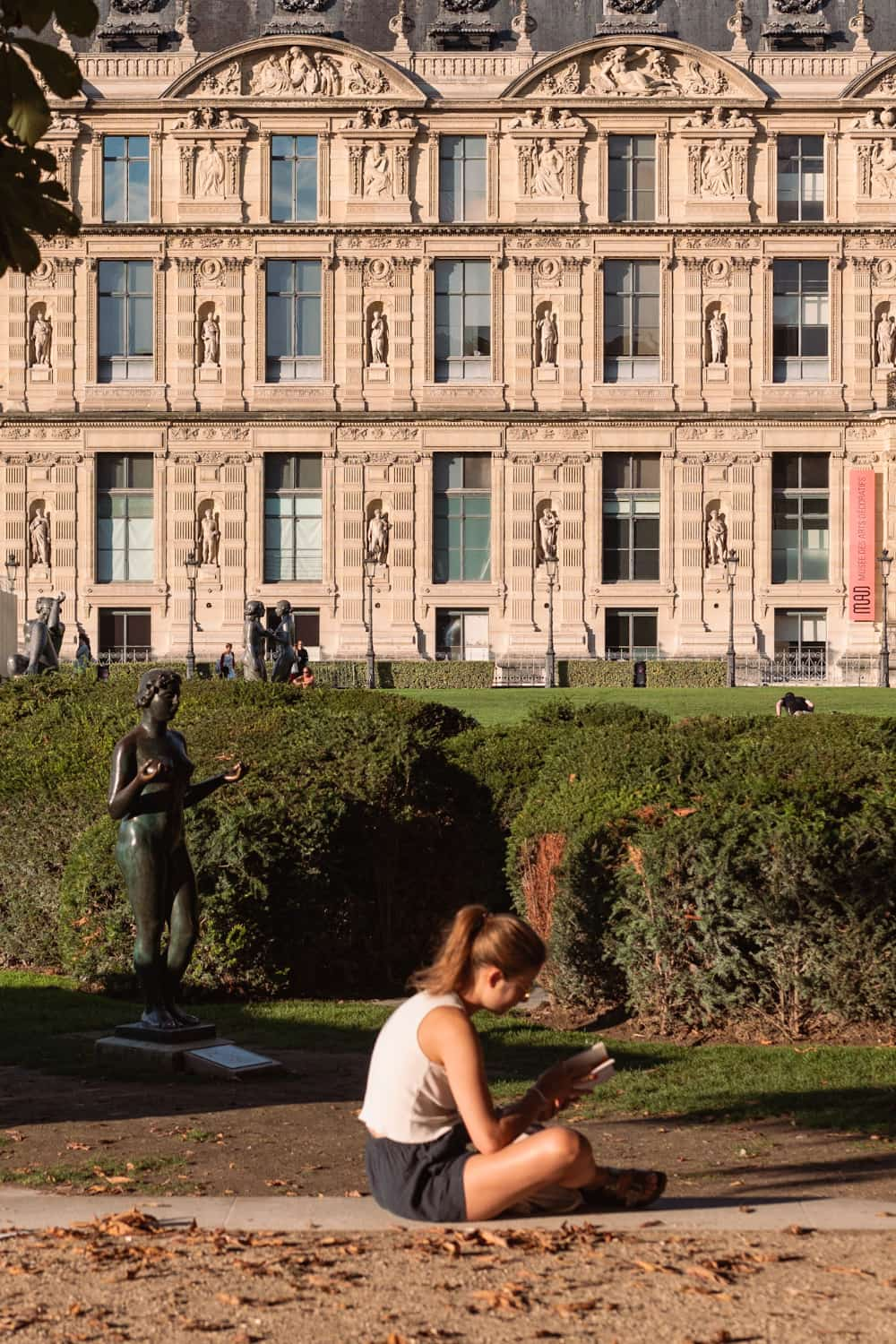Maybe you have scoffed a little self-righteously every time someone says the French are trés romantic or trés rude! I mean, stereotyping-much? Or perhaps, you purchased your striped sailor t-shirts with red berets, but found consuming French culture only through capitalistic purchases a little vapid! Or you love Paris but don’t want to be as clueless as Emily when you get to Paris! You, my friend, are ready to take your interest in the French to the next level then. To help you, I have compiled a few books you should read before going to Paris. Or France.
These resources could save you a whole lot of confusion and social gaffe while travelling or living in France. These were my saviours when I moved to Paris, and was trying to better understand French culture.
If you’re in a hurry, here’s a shortcut. Find out all the things you should not do in Paris.
The books I have compiled are not meant to be read just as a resource for dos-and-don’ts in Paris. Rather, these books will help you understand French culture, helping you decode your interactions with the French, while hopefully giving you some food for thought about your own cultural location and proclivities.
These books to read before going to Paris would help unravel and examine some of the stereotypes the French. If consuming only an external idea of French aesthetic or style or material objects, is not you cup of tea, this list is for you.
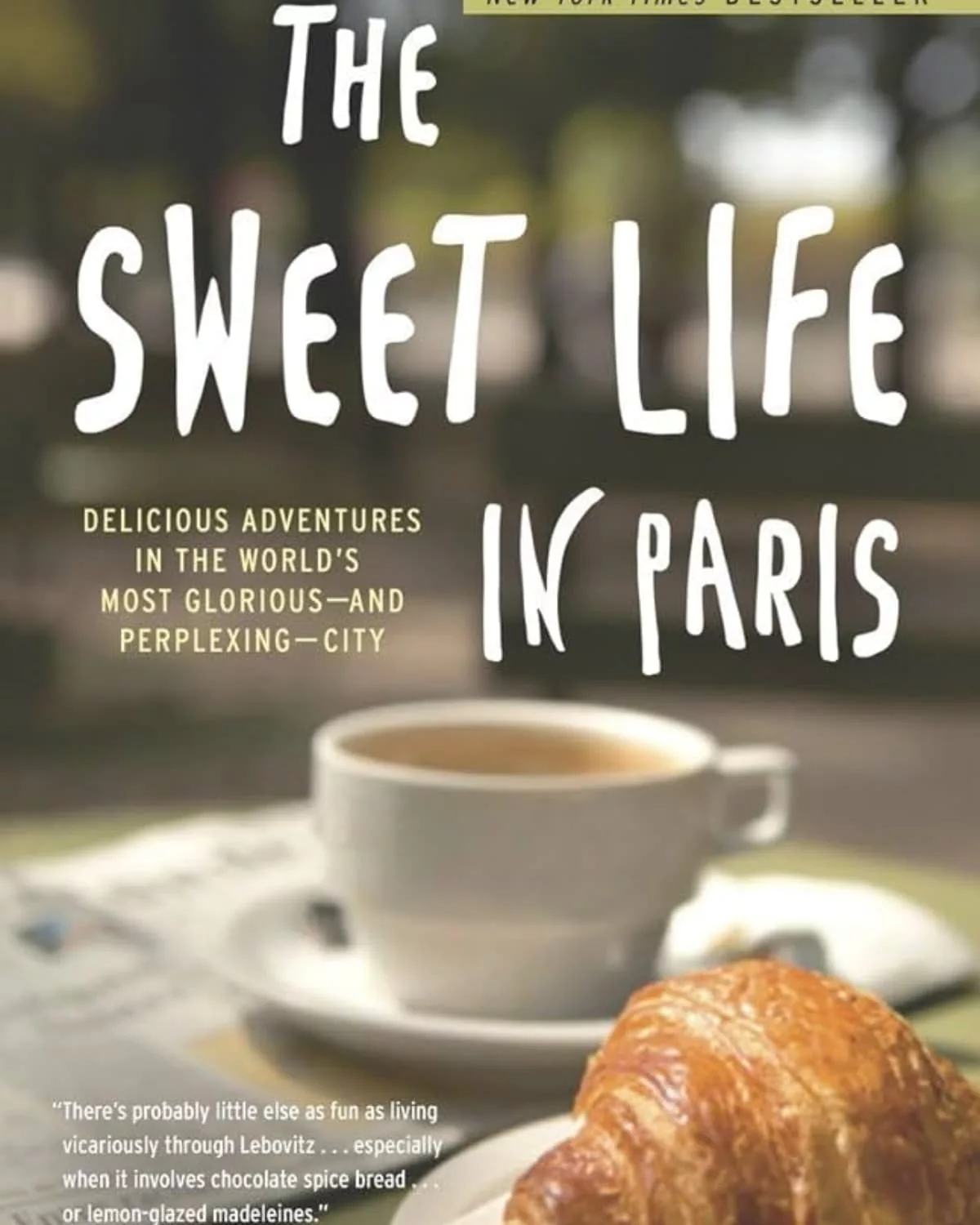
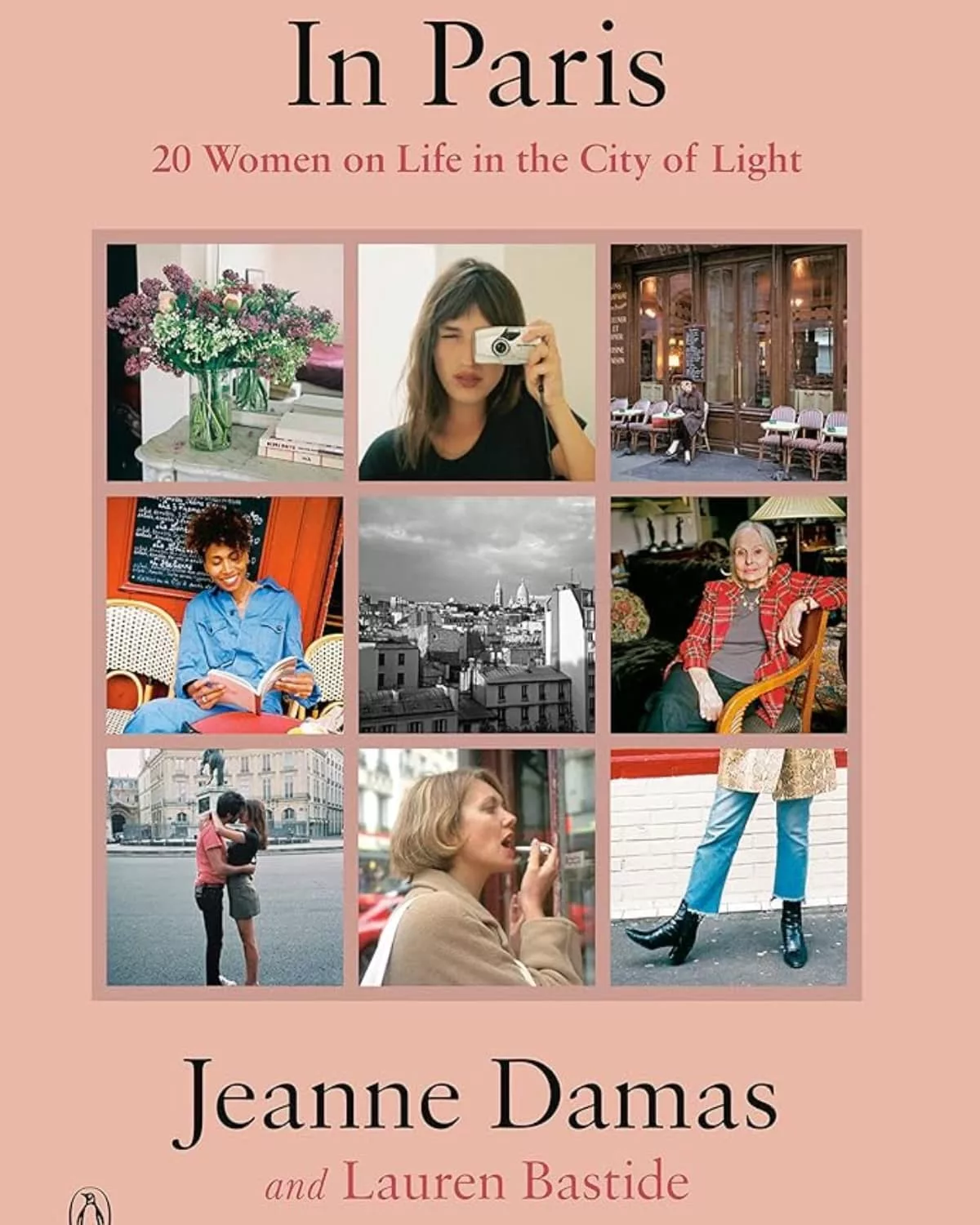
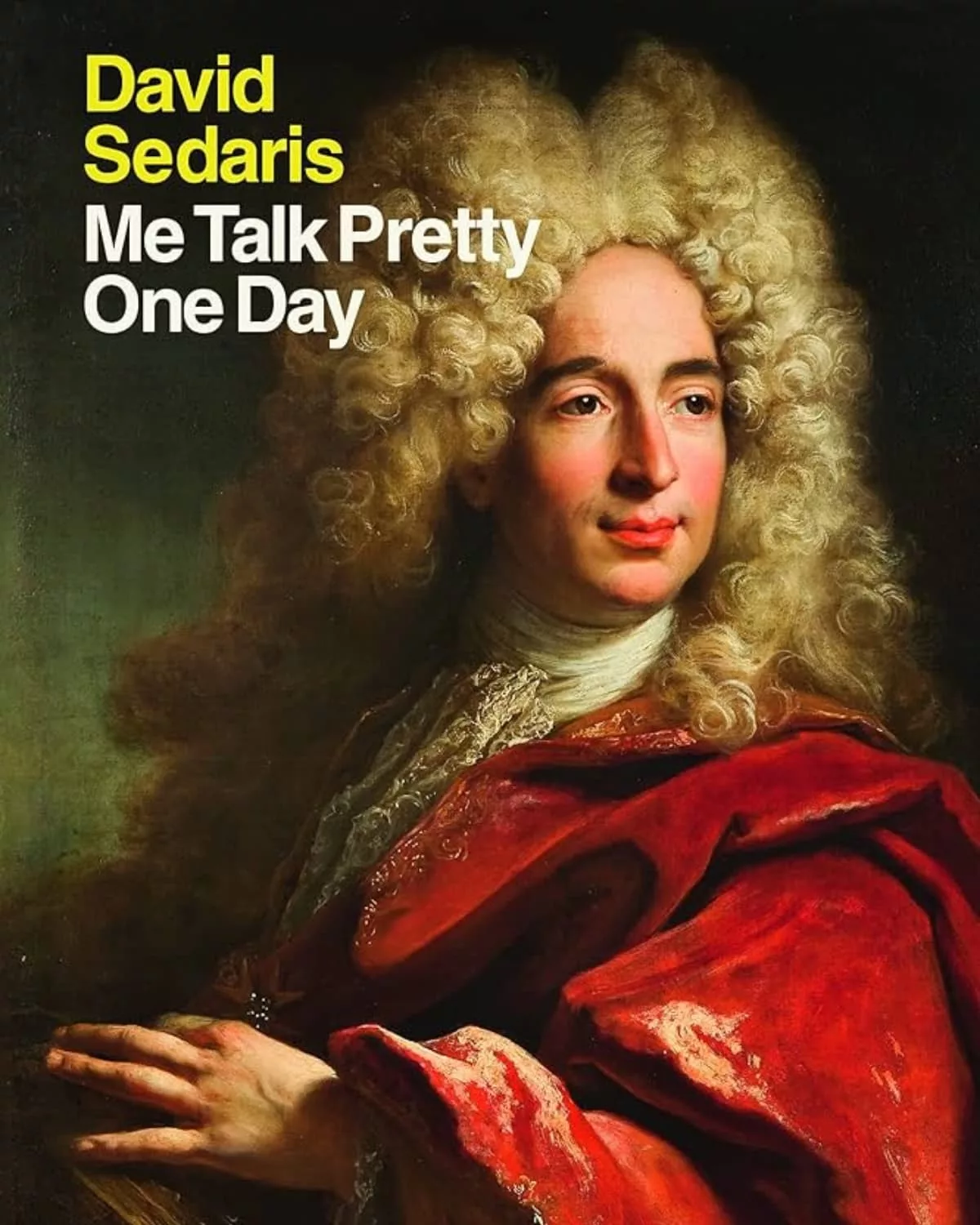
Me Talk Pretty One Day by David Sedaris (First published: 2000)
Okay, I have to admit, this first suggestion is not exactly about Paris. But I have no hesitation in recommending anything written by Dave Sedaris. I love his dry, sardonic wit, and the way he has a knack of capturing the inane eccentricities at the heart of human relations and exchanges. This collection of essays by him is in two parts. The first is about Sedaris’ quirky childhood experiences and life in New York. The latter part of the book is about his adventures living in Paris with his partner.
Sedaris’ Paris is way different from the romanticised city you might have heard of. Instead, he brilliantly captures its people. He lays down the ups and downs of having to learn to operate in a city where everything, including the language, culture, food habits and even the way people move, is different. I too, like Sedaris, moved to Paris and had to contend with the tiny absurdities that come with living abroad. And more than once, I have found catharsis in his words, being inspired to find the humour even in tough times.
Whether it be about the struggles of speaking non-fluent French, or navigating a new country and culture while being a neurotic, insecure, eccentric over-thinker, Sedaris anecdotes are rich and layered. He will even introduce you some quaint Paris places such as taxidermy shops! His social commentary is sharp, and almost unforgiving if not for brilliant humour, which softens the blows. If you want to read a honest, humorous, and unsparing look at life as a foreigner in Paris, do not give this one a miss.
The Sweet Life in Paris by David Lebovitz (First published: 2009)
Discover Paris through David Lebovitz’s delicious delectable recipes in this quiant book that deceptively packs sharp cultural observations accompanying the subject Lebovitz speaks best about: food.
Lebovitz’s sweet guide to Paris is humorous, packed with practical (where and how to shop, the best patisseries, best place for meats etc) as well as esoteric information (where not to pee in Paris, what not to touch no touchez pas) for those unacquainted with the French culture and Parisian lifestyle. The recipes include a devastatingly scrumptious sounding recipe for “Roast Pork with Brown Sugar Bourbon Glaze.” I have read this one many a times but sadly, have not got around to making yet.
Each chapter takes a languid pause with recipes by the great chef himself. The whole effect of reading this book is akin to drinking a cup of hot chocolate on a rainy day. His wide eyed and sometimes incredulous rumination on Paris are too earnest to pass up on. Forewarning: please don’t read the book on an empty stomach!
In Paris -20 Women on Life in the City of Light by Jeanne Damas and Laurie Bastide (First published: 2018)
The author, Jeanne Damas, has been exalted to the ultimate millennial Paris ‘it-girl.’ The sheer number of Paris fashion bloggers who have been inspired by her aesthetic and her label Rouge, is an unofficial indication of her place in pop culture today.
She epitomises the stereotype of the Parisian women: scrappy and woke, disarmingly bohemian but cuttingly witty at the same time, mysterious but if you say something intelligent, she might actually turn around and talk to you. Maybe. But, needless to say, this idealised Parisian woman is inaccessible, even to Parisian women!
But instead of chasing an unrealistic ideal, the book features everyday women and their everyday fabulous lives in Paris through words, homes, listicles, and beautiful photographs. There is an unguarded intimacy in both the prose and portraits of the beautiful people. For someone like me, who left her tiny hometown and lived young and alone in a big city, this book captures the quintessential joie de vivre of not just being in Paris, but of being a woman alone in the city: fierce, alive and free.
A quote from the book reads,
“We have never met a single stereotypical Parisienne who lives with her cat on boulevard Saint-Germain and spends the day lounging around on a sofa while browsing a collection of short stories by Simone de Beauvoir”.
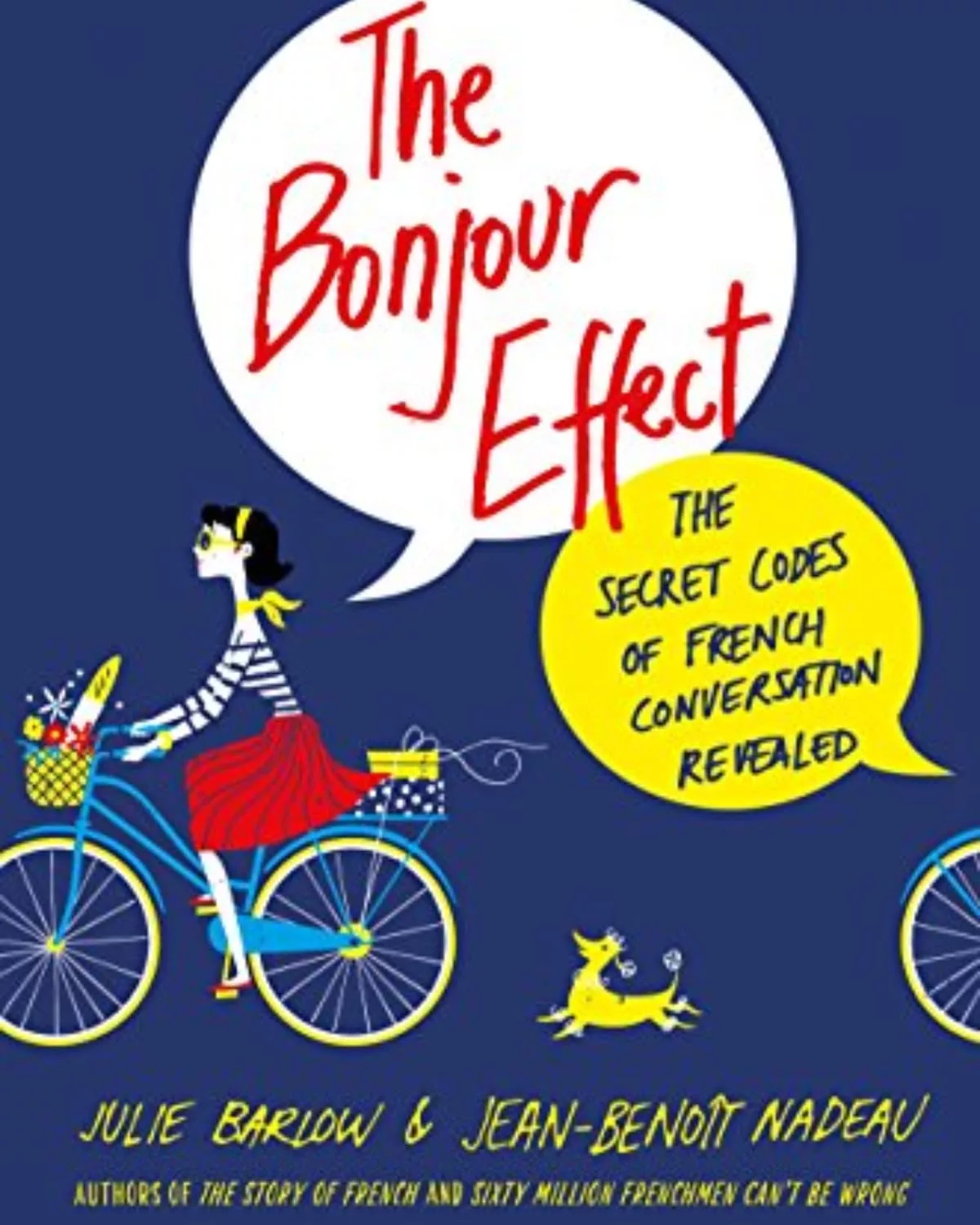
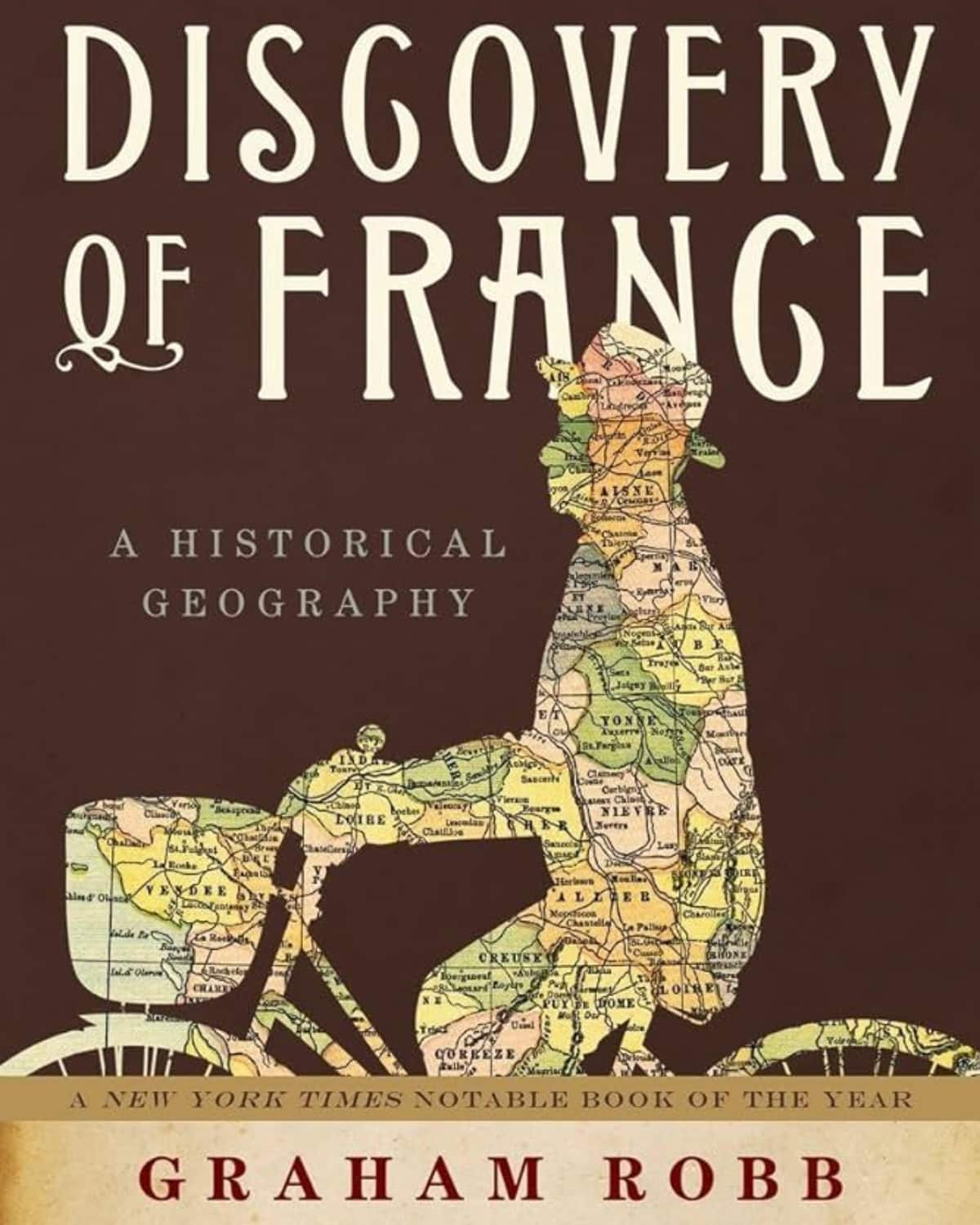
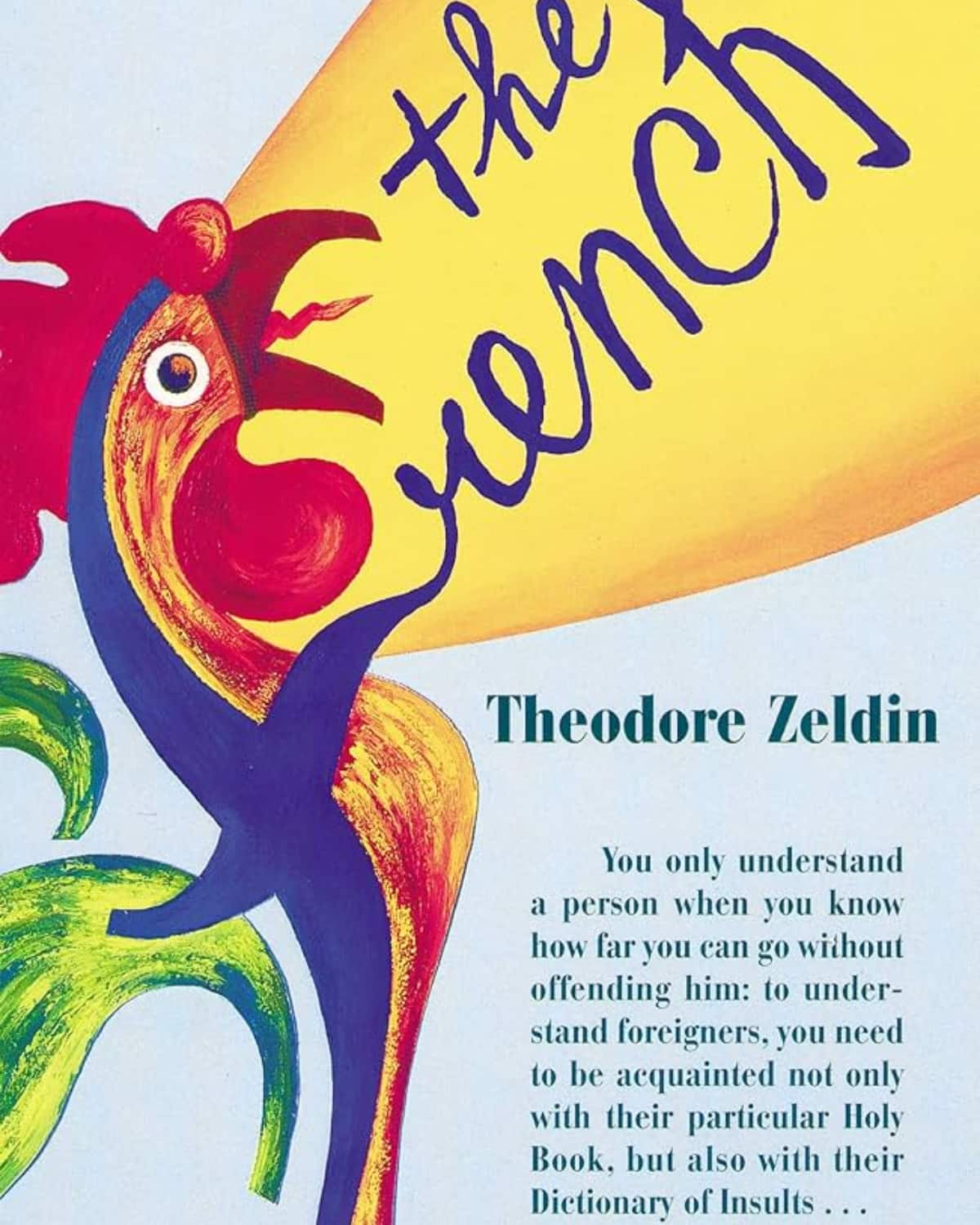
The Bonjour Effect: The Secret Codes of French Conversation Revealed by Julie Barlow (First published: 2016)
Any book or expert on France that’s worthwhile would begin with the most important survival tip: what is something you just cannot do without in France? Well, bonjour of course! Bonjour or good morning in French is the foundation to the entire system of homo-sapien communication in France.
Whether it is buying goods at a grocery, or making eye contact with your neighbour from across the hall, or even more important, meeting your future banker or baker for the first time. You have to start with bonjour to announce yourself. Want to get a drink from a Paris café without the barista glaring at you? Well, you know now how you need to open the conversation!
But why? And why are the French so into their rules with food, and can say shocking things with such cavalier panache? And are they all grammar nuts, quite unapologetically adept at pointing out when someone speaks French wrong? Julie Barlow tackles mysterious questions such as these and better yet, answers them. She does so with inputs from French history, polity and society. She leads the readers to some very satisfying “Aha” moments of comprehension.
Writing from the perspectives of parents engaging with the French education system, she invites us into the fascinating task of decoding the French. In the process, the readers end up being dexterously tricked by Balowe into learning about the making of modern French republic, while being distracted by the humours portraits of daily life she paints. This is one book I would highly recommend anyone reading before going to France.
The Discovery of France: A Historical Geography, from the Revolution to the First World War by Graham Robb (First published: 2007)
This 400+ paged book is about France. Not Paris, but France. Too often, we have seamlessly equated being a Francophile to being a Paris-ophile. But as you would find out, Parisian culture is not French culture. Far from it! The idea of France is larger and wider than Paris, even though the French capital’s centrality in its history and polity is palpable.
To get to know France beyond Paris, read this gem of a book from Graham Robb. It is a “social and geographical history” of the country where, as Robb puts it, “‘France’ and ‘the French’ would mean something more than Paris and a few powerful individuals.” The Discovery of France traces the evolution of the nation through its regions and what and how they used to be.
Robb peppers his part-travelogue, part-narrative history, with funny anecdotes and portraits of people he met during his travels. Along with providing some stunning travel inspiration, it is also amazing to be acquainted with the vast regionality in France. Each French region has its own distinct evolution story in terms of language, culture, cuisine, and even worshipping different pagan saints. Robb even speaks on behalf of “the sixty million others”, or the sixty million domestic mammals in France(according to the 1866 census)!
He ends the book by highlighting the undiscovered France of today: the impoverished French suburbs where racial and ethic minorities live in overpopulated and rundown neighbourhoods. These places have been kept away from the popular narratives of French cities, but Robb asserts why we need to know the history of how Republics come to be formed. Today, when “assimilation” and “failure to integrate into French society” are used to cover up racism and xenophobia, there is clearly an attempt to invisibilise and erase the history and truth of diversity in this great Republic.
The French by Theodore Zeldin (First published: 1983)
Yes, 1983 was almost half a century ago, but hear me out: culture has no expiration date! What Zeldin manages to capture about France in this book is how the cultural processes of human connections and interactions happen France.
I would recommend this book to anyone in a heartbeat but notice that it is number 6 on the list. So this book is to be read once you are already somewhat familiar with French culture and customs. Another caveat will be that some of the statistics are outright obsolete since the past decades have seen remarkable change in the French way of life.
Zeldin decodes the distinctly French way society here, gets encultured. The conversations he recounts with people from different walks of life and different parts of France really offer a true slice of life from France. This book is a solid read even today, and more-than-withstands the test of time.
It is still my go-to resource on the history of baguettes, berets and French intellectual culture.
There are some savage quips like,
France’s leading intellectuals have a role that in Britain is shared by the Church of England and Her Majesty’s Opposition.
Some pragmatic ones like,
A foreigner who comes to work in France needs to have a very thick skin.
And some downright profound lines,
In distinguishing French people into types or groups within their nation, the only classification that I find satisfactory is between the warm and the cold. Warm people are those with whom I feel I have established human contact and with whom I can share emotions; cold people are those who hide behind masks and whom I do not feel I have really met.
In the end, Zeldin paints a humane picture of a diverse nation he loves, while being unforgiving in capturing a realistic snapshots of it, sans filters. With zits and all other imperfections. The picture might not always be pretty but it is rich, interesting and human.
And that concludes my list of books you should read before going to Paris. I hope you found some titles to add to your to-read list. If you have your own list or any favourite books on french culture, do share them with us.

